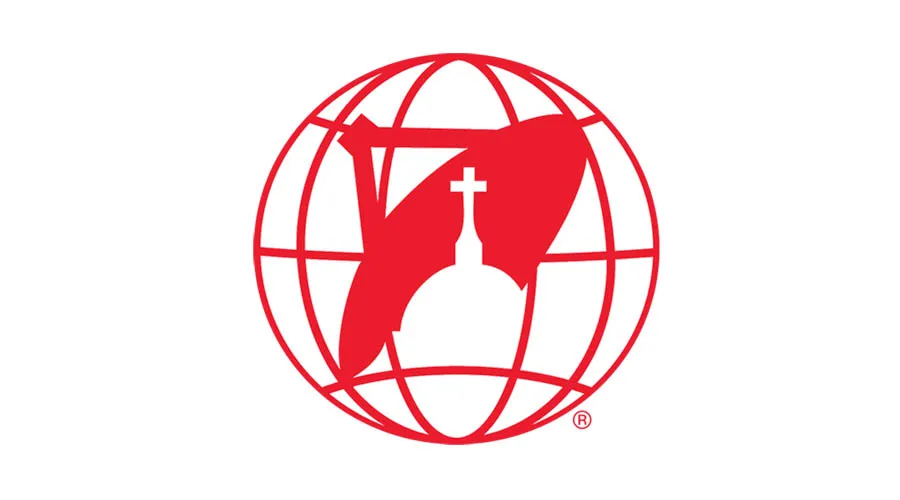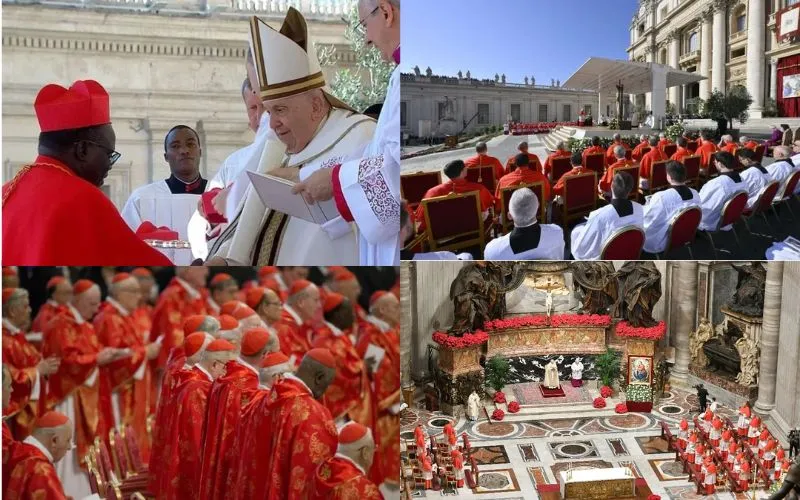“If God is the Creator, it means we are creatures,” Fessio added. “It means that we do not create ourselves, we depend for existence on God and on others.
“[Ratzinger] spends a lot of time on how man is relational. We come from parents, we live for others. We give ourselves to a project we can’t consider ourselves,” he said.
“We’re not just autonomous monads floating around each other,” Fessio said. “Rather, we’re connected to each other because we’re connected to God, who himself is relationship as the Trinity.”
Ratzinger considers the place of necessity and chance in creation and contemporary attitudes about the place of each person in the world. He notes that many object, saying, “No one ever asked me if I wanted to be born!”
To this, Ratzinger responds: “It is only when we know that there is One who did not cast lots blindly, when we know that our existence is not an accident, but is rather born of freedom and love, only then can we, whose existence is not necessary, be thankful for this freedom and know, with gratitude, that it is indeed a gift to be human.”
(Story continues below)
According to Fessio, Ratzinger is “expounding the Catholic faith, but doing it in a contemporary language.”
“Sin is the destruction of that relationship with ourselves and God, and then among each other. [Ratzinger] makes the very important point that there’s no such thing as an individual sin that doesn’t have effects on others,” the priest said. “Every turn away from God’s plan, God’s law, affects not only oneself, but everyone else, as well.”
This can be healed “by losing self and turning to Christ,” the source of our love, Fessio commented. Ratzinger emphasizes “how important the Eucharist is in restoring fallen man to unity with himself and with God.”
Other topics in “The Divine Project” include technology and ecology, the cross and the Eucharist, religious pluralism, the teaching authority of the Catholic Church, and the nature of the Church.
For Fessio, the theologian’s former student, the qualities of Benedict XVI are evident in the book.
Cardinal Ratzinger was “brilliant and humble, warm, holy, a good listener,” Fessio said.
“He had a tremendous ability to synthesize the thoughts of others and present them in a clear and compelling way,” he said. “He was just simply a great teacher. And therefore, those of us who are learners do well to turn to that great teacher whenever we can.”
Kevin J. Jones is a senior staff writer with Catholic News Agency. He was a recipient of a 2014 Catholic Relief Services' Egan Journalism Fellowship.








